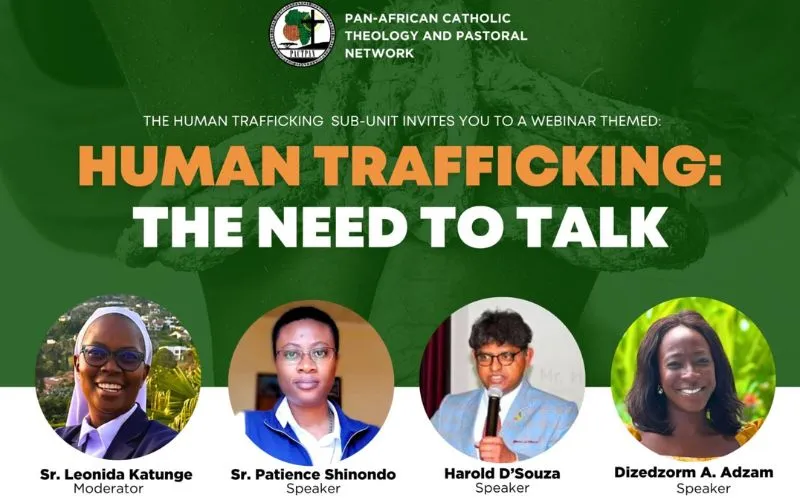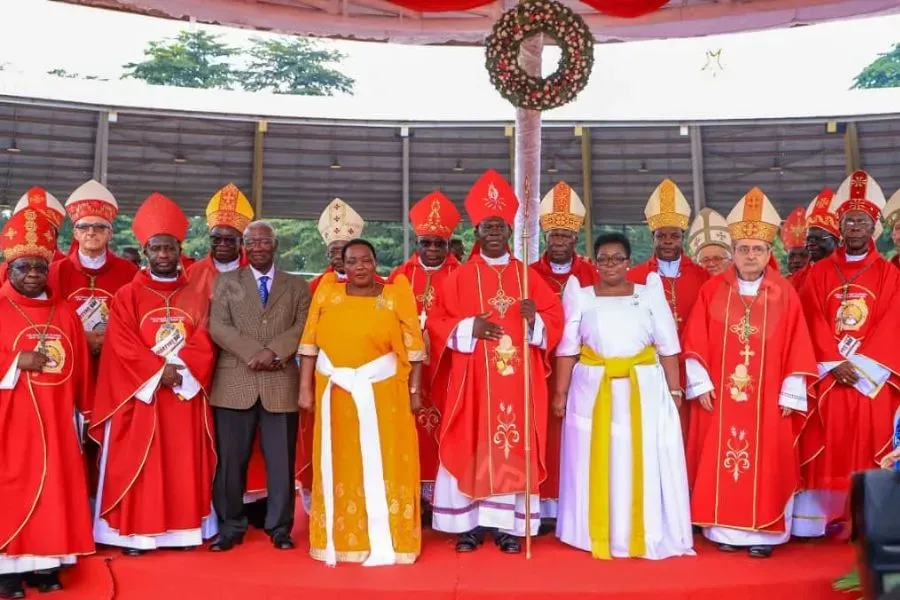The reality was different, he shared, recalling how his alleged employers confiscated their documents, manipulated them into taking the responsibility to be “a debt”, forcing Harold and his family into exploitative labor at a restaurant.
“We were made to work seven days a week, 365 days a year with no salary,” Harold recalled, describing how the traffickers tightly controlled every aspect of their lives, from confiscating their cash to housing them close to their workplace, to be sure that they cannot escape.
He continued, “Labor trafficking happens in places like restaurants, gas stations, motels—it’s hidden in plain sight, yet so easy for traffickers to control.”
Despite his challenging situation, Harold was unable to speak up for nearly a decade.
In an incident, he recalls his young son being innocently slapped by the trafficker. “My son didn’t even do anything wrong but seeing him hurt—knowing I couldn’t protect him—was shattering. As a parent, you want to shield your child, but in those moments, you feel powerless.”
(Story continues below)
Harold’s situation would eventually get the attention of FBI, who, aided by the trafficker’s handwritten debt note as incriminating evidence, helped Harold secure his family’s freedom.
Today, Harold serves as a human trafficking advocate and member of the U.S Advisory Council on Human Trafficking.
In his sharing during the October 30 webinar, Harold urged participants to understand the indicators of human trafficking and to know their human rights.
“Trauma doesn’t have an expiration date. It follows you. But knowing your rights, understanding that no one should live in bondage, can be the first step towards freedom,” he said.
Harold went on to advocate for awareness of human rights, saying, “The Universal Declaration of Human Rights states that everyone is born free and equal. It prohibits slavery and torture. If people understood these rights, traffickers would have less control.”
He also counseled victims of human trafficking to reach out to relevant local organizations, including the National Human Trafficking Hotline in the U.S., and “to remember that help is available.”
ACI Africa was founded in 2019. We provide free, up-to-the-minute news affecting the Catholic Church in Africa, giving particular emphasis to the words of the Holy Father and happenings of the Holy See, to any person with access to the internet. ACI Africa is proud to offer free access to its news items to Catholic dioceses, parishes, and websites, in order to increase awareness of the activities of the universal Church and to foster a sense of Catholic thought and culture in the life of every Catholic.








